B1 - Partners in health
Organised by the FIP Programme Committee
Chairs
Betty Chaar (The University of Sydney, Australia) and Toyin Tofade (Howard University, USA)Introduction
In the complex health arena, a key proposition is that no person acting alone is as effective as a team to drive best practices and outcomes. Another key factor supporting best outcomes is access to the best information to support optimal choices and the empowerment of the patient.
World class healthcare can only be delivered through an integrated system in which every part works to improve outcomes for patients. Quality has become a leading principle in healthcare and embraces patient safety, clinical effectiveness and patient experience.
The understanding of inter-professional teamwork often starts during initial education and training and should continue, in various forms, throughout a professional’s career. In addition, partnerships with patients and other stakeholders are becoming a more common feature of healthcare and the development of medicines, bringing both challenges and benefits. This session will explore some examples of how healthcare professionals, including pharmacists, patients and the pharmaceutical industry are working together to try to improve the care provided to patients. The value and impact of different partnerships with a special focus on patient-pharmacy partnerships will be highlighted.
Programme
09:00 – 09:10 Introduction by the chairs
- 09:10 – 09:45 Partners in education
Cecilia Igwilo (Pharmaceutical Society of Nigeria, Nigeria) - 09:45 – 10:20 Partners in practice
Ravi Sharma (Primary Care Lead GP Pharmacist, UK)
10:20 – 10:40 Coffee/tea break
- 10:40 – 11:15 Partners in medicines development
Mike Hannay (University of Nottingham, UK) - 11:15 – 11:50 Partners in communication
Sherif Kamal (Children Cancer Hospital 57357, Egypt)
11:50 – 12:00 Conclusion by the chairs
Learning Objectives
Learning objectives:
At the end of this session, participants will be able to:
- Describe the benefits and challenges of successfully introducing inter-professional learning in pharmacy degree courses;
- Identify examples of where information and insight from a patient can improve the development of a new medicine;
- Explain how patient care can be enhanced by including a pharmacist in the general practice health team;
- List some of the benefits patients derive from a more integrated healthcare service where different stakeholders collaborate for improved outcomes.
Type of session: Knowledge-based
